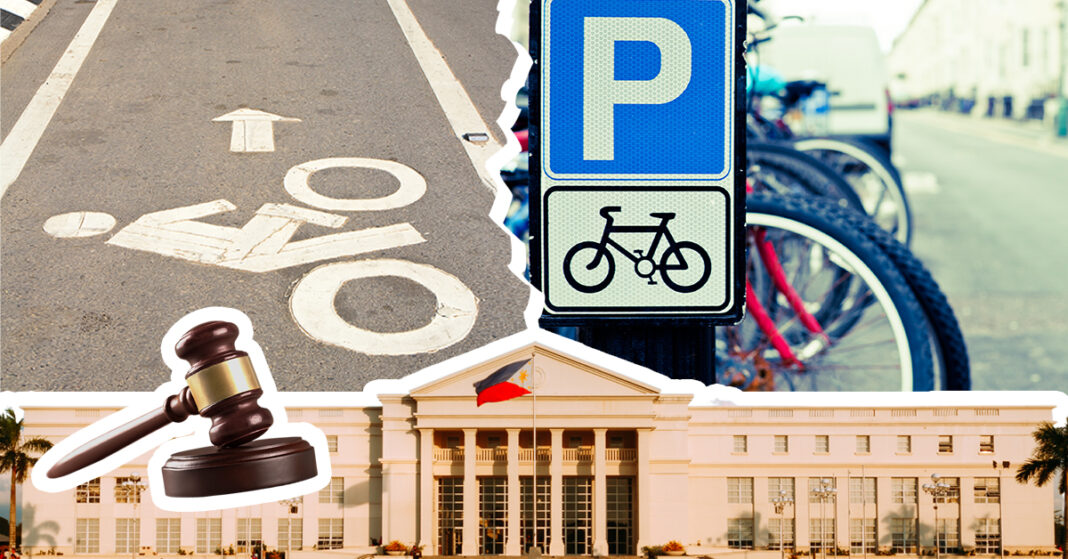With the growing population of Filipinos riding bicycles to and fro, the senate — particularly, Senator Raffy Tulfo, is looking to create more bike lanes and bike parking spaces in the country as a way of seeking better safety and providing convenience to Filipino cyclists or bike riders.
Riding bicycles did not remain just a fad that started when COVID-19 struck as a form of exercise or leisure to people — as it eventually became a necessity, especially as bicycles are essentially cheaper, easier to maintain, and can be convenient during heavy traffic on the road.
Senator Tulfo even emphasized that in a recent survey conducted by the Social Weather Stations, 87% of Filipinos said they prefer bicycles and public transportation to be given priority over private vehicles on roads in cities or municipalities.
And with the day-to-day road scenario in the country, where there is lack of appropriate bike lanes, ‘cyclists’ or bikers are left with not much choice but to share lanes with larger vehicles such as cars and buses — which can present some hazards since it comes with tendencies of meeting road accidents. Hence, the further push for the enactment of the Bicycle Act of 2023.
A Gist of the Bicycle Act of 2023
The Bicycle Act of 2023 or Senate Bill 1698 emphasizes the creation of a local bikeways office (LBO), an agency that’s responsible for implementing policies, rules and regulations that’s related to this act. In addition, “bike lane networks and other end-of-trip facilities will be integrated in the future infrastructure projects across the Philippines.”
Creation of bikeways or bike lanes are to be integrated in all main roads and highways, which will be identified by the Local Bikeways Office (LBO) under the supervision of the city or municipal engineering office.
This bill also serves as “a framework for a bicycle law on a national level,” enabling Filipino commuters to have a cheaper mode of transportation “while saving the environment from harmful emissions.”
In section 2 of the Bicycle Act, it was pointed out that in lieu of the fuel price hike, “the State recognizes the need for cheap alternative means of transportation and encourages the use of non-motorized and environment friendly modes of transport.”
Obligations and Restrictions of Cyclists
Of course, cyclists also ought to perform their duties and obligations — which are highlighted in the bill, including riding on designated bike lanes, wearing a helmet properly where the chin strap is securely fastened, and ensuring that the brakes are capable of stopping the bicycle within 25 feet with a speed of 10 mph.
Some of the restrictions include: having no bicycle carry more persons than it is initially designed to carry, bicycles not being parked in areas other than what is designated for them, cyclists not being permitted to ride their bicycles on a sidewalk or crosswalk, and cyclists are not allowed to carry anything unless it is in a basket, bag, or rack while riding the bike.
The Bicycle Act of 2023: Not a New Idea, But a Positive Initiative to Enhance Bicycle-Related Laws in the PH
The Bicycle Act of 2023 is not a new idea as the first bicycle-related laws were pioneered by the Marikina City Council in 1996 that focuses mainly on the use of all streets, avenues, alleys, sidewalks, bridges, parks, and other public places as bicycle lanes
Another ordinance from Marikina City regarding the creation of Bikeways Office to help manage bikeways in the city came out in 2001. And just recently, a bicycle ordinance was approved in Davao City.
Today, what Marikina City has first set into place is being followed not only by selected cities and municipalities in the Philippines, but also on a national scale.

